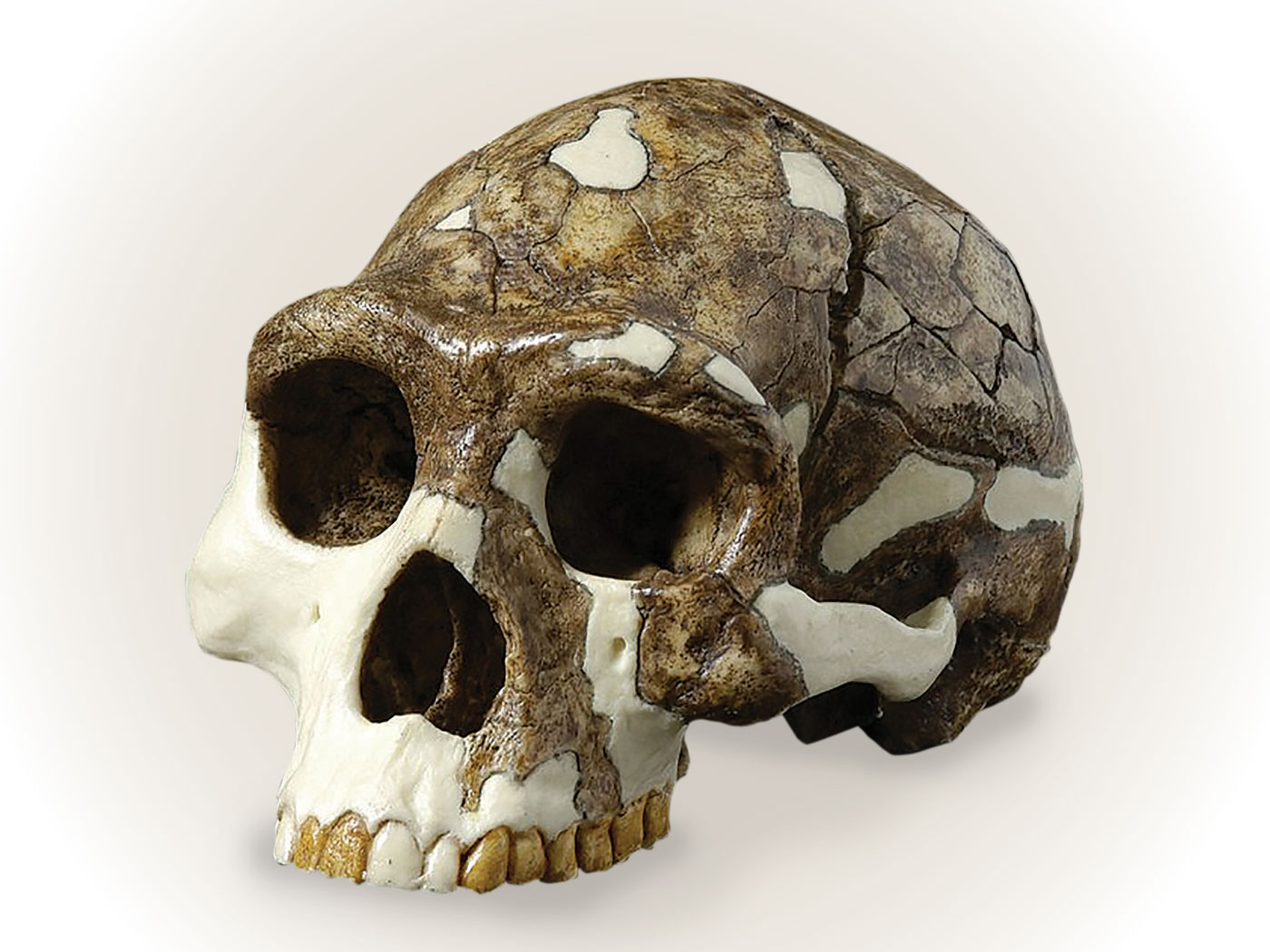Search Tools
New Defender's Study Bible Notes
4:7 every one of us. In spite of the seven-fold unity just described (Ephesians 4:4-6), each individual has received his or her own distinct gift(s) from Christ.
4:8 Wherefore he saith. This quotation is from Psalm 68:18, the context of which is apparently describing the Lord among His heavenly hosts of angels, riding as a mighty conqueror returning home with the spoils of battle, the spoils consisting of “captivity” led forth “captive.” Evidently this prize of battle had consisted of a band of prisoners that had been held captive in an alien land, but now had in turn been captured from the enemy by the returning king. The latter—none other than the Lord Himself (Psalm 68:17)—as he returned to His “holy place,” “ascended up on high” to do this, evidently returning from somewhere below.
4:9 lower parts. The ascending Lord was not merely ascending back from the earth, but from “the lower parts of the earth.” This somewhat enigmatic geographical reference could, by itself, perhaps refer to the deep ocean bottom, but this would not yield captives. More likely it refers to the great pit at the center of the earth, indicated in the Bible as the prison confining the souls of the dead, the place called sheol in the Old Testament Hebrew and hades in the Greek New Testament, but often translated “hell” in the King James Translation.
One of Christ’s purposes when He came to earth was “to preach deliverance to the captives, and...to set at liberty them that are bruised” (Luke 4:18). This statement of Jesus was taken from Isaiah 61:1, where it read “...to proclaim liberty to the captives, and the opening of the prison to them that are bound.” When Christ died on the cross, He in the Spirit “went and preached unto the spirits in prison” (I Peter 3:19). The word “preached” can better be translated “proclaimed”—that is, proclaimed His victory over Satan. Christ had said prophetically (Psalm 16:10), “thou wilt not leave [i.e., ‘abandon’] my soul in hell” (Acts 2:27). He returned from Hades with “the keys of hell and death” (Revelation 1:18), bringing “captivity captive” with Him as He returned. His spirit returned to His body resting in Joseph’s tomb, and He arose from the dead, alive forever more. The souls of those who had died in faith came with Him from their resting place in hades in “Abraham’s bosom” (Luke 16:22), and then, in a mighty miracle, “the graves were opened; and many bodies of the saints which slept arose” (Matthew 27:52). With the thief on the cross who had also believed, the Lord then presumably took them all with Him into “paradise,” in “the third heaven” (Luke 23:43; II Corinthians 12:2,4), where they will remain with the Lord until He comes to earth again with them, and with the souls of all who have died as Christian believers since that time (I Thessalonians 3:13; 4:14).
4:10 above all heavens. Jesus, in pre-incarnate theophanies, had previously “ascended to heaven” and come “down from heaven,” even while remaining “in heaven” (John 3:13). Now, however, He “ascended up far above all heavens”—above the atmosphere, above the stars, even above the third heaven of paradise, “that He might fill all things.” He is Creator and Redeemer of the entire universe, being omnipresent in the Spirit, even though residing at the right hand of the Father in His glorified human body.
4:11 he gave. Continuing the analogy with returning human conquerors, who gave gifts to their countrymen, the ascended Christ, by His Spirit, has given spiritual gifts to His subjects individually, to be exercised for the benefit of the “one body,” corporately. Many of these gifts of the Spirit are listed in Romans 12:4-8, and I Corinthians 12:4-12,27-30. Only four (or five) of the more essential gifts are listed here. As noted before, however, the gifts of apostles and prophets to the body ceased with the completion of the New Testament and the death of John, the last of the apostles (see notes on Ephesians 3:5-6).
4:11 pastors and teachers. The Greek here may be read “pastors-teachers,” suggesting that this may be one gift, rather than two. However, the gift of teaching is also mentioned in the other two lists of gifts (Romans 12:7; I Corinthians 12:28), so must be a distinct gift not necessarily combined with the pastoral (or “shepherding”) gift. The only other gift mentioned in all the three lists is that of prophecy, but this gift has ceased.






